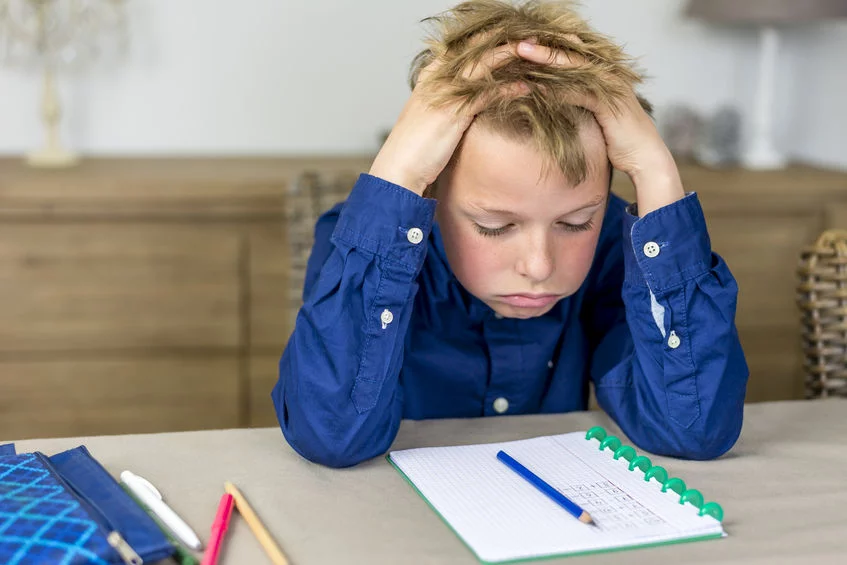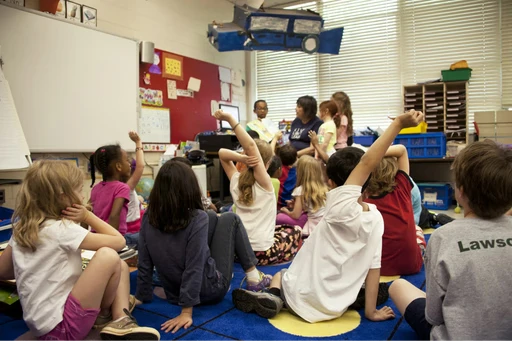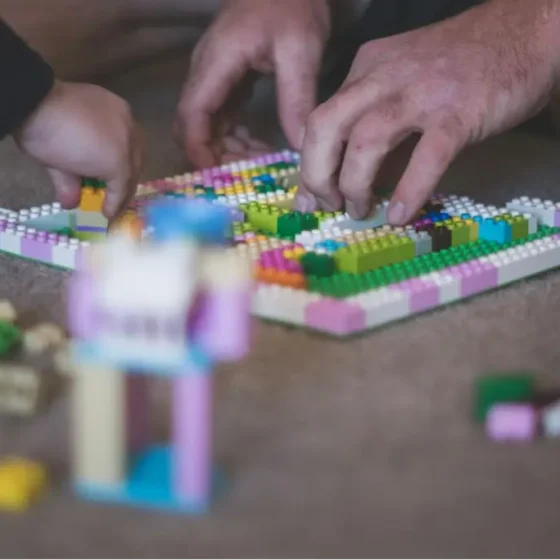How to recognize ADHD?
Hyperactivity? Parenting problems? Difficulty concentrating and learning? Lack of organization? Impulsiveness? "Is something wrong?" Sensory hypersensitivity? Shaky and big emotions?

Learn more about the typical and atypical symptoms of ADHD in older children
- he has increased anxiety and irritability for no apparent reason he has frequent tantrums and / or crying that last for a long time and are difficult to calm down he has no sense of danger, he duplicates risky behavior even if he has already been hurt and hurt several times before he does not respond to admonitions and prohibitions and does not learn from mistakes Regardless does not respond to requests or orders, loses the thread during a conversation (despite the absence of hearing disorders) has a lot of energy, is in constant motion and / or does several things at once, does not sit still, often gets up from the table he is noisy, talks a lot, and finds it difficult to stop, doesn't wait for an answer, and interrupts others very quickly. he gets bored and can't play alone even for a moment. he often loses or spoils toys, for example, unintentionally, in a rush of energy, or as a result of strong emotions, for example, anger. he gets into frequent conflicts. or teases other children, such as hitting them, snatching toys, shouting, verbally abusing them, banging their head against a wall, hitting themselves, biting their hands, etc. They have trouble sleeping or wake up repeatedly during the night they are very selective in their food and don't like to try new things
- he forgets his duties and loses various items he postpones everything until the last minute, does not learn from his mistakes he performs actions quickly and tirelessly he has difficulty remembering information and learning he has trouble falling asleep and / or often wakes up at night he experiences frequent, sudden and intense mood changes he behaves aggressively towards others peers, parents sitting in a place where silence and little mobility are required (church, conversion, lesson), he experiences extreme fluctuations in energy, has a lot of it or not at all he finds frequent excuses to get up during meals or lessons he often makes mistakes due to absent-mindedness and inattention, not because of lack of knowledge talks a lot and often about himself, does not listen to others and enters into their word he can not focus on things that are boring and monotonous, while how can he be strongly and for a long time focused on activities that he loves very much (hyperfocus) often goes beyond the tolerance of other people, does not know when to stop entering into frequent conflicts with peers and parents, teases others often "exaggerates", reactions seem excessive and inadequate to the situation they are very sensitive to rejection, give up easily, have problems with perseverance, and rebel more often than their peers
- has a disturbed relationship with food causes self-harm has trouble falling asleep and / or often wakes up at night very sensitive to rejection, extremely touchy and often resentful feels strong anger if something is not following his / her thoughts are emotionally shaky, emotions suddenly change and are very strong catastrophizes, feels different situations and consequences as worse what they really are often and intensely grumbles talks a lot, can lead long monologues, interrupts others has large leaps of energy, has too much or too little he is less lonely than his / her peers he often forgets responsibilities and loses things he gives the impression of being absent and thoughtful he often changes topics in the middle of a conversation he is under constant stress, often for no reason he is often overwhelmed by situations and responsibilities that do not overwhelm others, but only in crisis situations calmly procrastinates, leaves everything behind at the last moment and mobilizes only under great pressure, has difficulties with effective learning and assimilation of information, makes many mistakes due to inattention, is extremely grumpy, nervous and irritable not controlling outbursts of anger or crying substance abuse
HELP FROM A TO Z
Diagnosis
Observation note
Getting acquainted with the observation note from a psychologist and / or kindergarten or school teacher
In-depth interview
An in-depth interview with a dt parent. a history of disorders in the family, fetal life, early childhood, and the child's current daily functioning
Test Conners-3
Conducting the Conners-3 diagnostic test, which also examines the presence of concomitant disorders (anxiety, depressive, oppositional-rebellious disorders)
Neuroflow®
Study of auditory processing by the Neuroflow®method
Concomitant diagnosis
Diagnosis of other comorbid disorders associated with ADHD (if a diagnosis is recommended), such as autism spectrum disorders, learning difficulties
Team Rating
Evaluation of a specialized team
Results and recommendations
Therapeutic results and recommendations
Therapy
Individual therapy based on dialectical-behavioral methods (DBT)
read why DBT Therapy is sensational for working with people with ADHD
Author's program of group therapy for impulsivity and emotion regulation (therapeutic program based on DBT therapy) or group training in social skills
Neuroflow®therapy for auditory processing disorders
Parental support
Training seminar for parents of a child diagnosed with ADHD-E-Learning (available from October)
- You will better understand the child and the features of his atypical brain. You will learn about the importance of diet, physical activity, and sleep to relieve ADHD symptoms. You will learn how to create an environment that is conducive to your child's needs and capabilities. You will learn about effective parenting strategies tailored to the functioning of the ADHD brain. You will learn how to take care of your resources and well-being. You will gain knowledge on how to choose the right specialists and treatments tailored to your child's individual needs.
Ready-made recommendations for working with attention, concentration and memory (ebook)
Ready-made recommendations for working on organization and planning (ebook)
Ready-made recommendations for working with hyperactivity and sensory needs (ebook)
Why Kidly Acacademy?
In our team, we don’t cut corners. We have experience in diagnosing and treating people with ADHD at various stages of life, so we know what ultimately helps people with ADHD and their families. We understand that the biggest problems start only after the diagnosis is made, so we start by offering treatments tailored to the child with ADHD and ready-made recommendations for parents, whose actions are the basis for potential changes in the child’s behavior.

Packages
If you purchase a complete ADHD diagnosis, Neuroflow ® auditory processing, and at least one form of psychological therapy, we offer free access to e-books:
- Ready-made recommendations for working on attention, concentration, and memory ready-made recommendations for working on organization and planning ready-made recommendations for working on hyperactivity and sensory needs
Contact us






